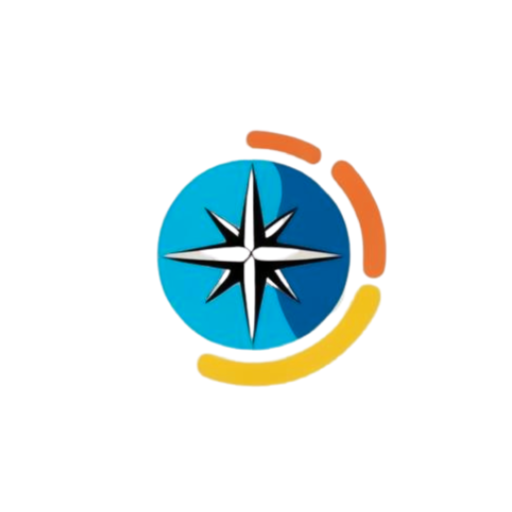Historical Timeline
1291 (August 1, Monday): The Federal Charter is signed, traditionally marking the founding of Switzerland
1515 (September 22, Thursday): Battle of Marignano – Switzerland loses influence over Italy after defeat by French forces
1648 (January 30, Thursday): The Treaty of Westphalia recognizes Switzerland’s independence from the Holy Roman Empire
1798 (April 5, Thursday): France invades Switzerland, leading to the establishment of the Helvetic Republic
1815 (March 20, Monday): Congress of Vienna confirms Swiss neutrality and restores the Swiss Confederacy
1847 (November 23, Tuesday): Sonderbund War, a civil war between Catholic cantons and Protestant cantons, ends with victory for the Protestants
1871 (January 18, Wednesday): Switzerland formally joins the International Red Cross
1914-1918 (July 28, Tuesday): World War I – Switzerland remains neutral, though it faces economic and social challenges
1929 (December 16, Monday): Switzerland’s Great Depression begins, leading to widespread unemployment
1968 (May 3, Friday): Swiss students protest for political reforms during the “Swiss May” protests
1992 (December 6, Sunday): Switzerland votes against joining the European Economic Area, maintaining its neutrality
2000 (March 17, Friday): Switzerland joins the United Nations as a full member
2015 (March 13, Friday): Severe floods in southern Switzerland, especially in Ticino, cause significant damage
2021 (July 12, Monday): A heatwave leads to wildfires in parts of the country, particularly in the Alps
General Information
Continent: Europe
Location: Central Europe, bordered by France, Germany, Austria, Liechtenstein, and Italy
Capital: Bern
Language: German, French, Italian, Romansh (all official)
Currency: Swiss Franc (CHF)
Population: ~8.7 million (last updated: April 2025)
Time Zone: Central European Time (CET) / UTC +1
Topography
Borders: France (west), Germany (north), Austria (east), Liechtenstein (east), Italy (south)
Landscape: Predominantly mountainous, with the Alps in the south and the Jura mountains in the northwest
Major Rivers: Rhine, Rhône, Aare, Ticino
Major Mountains: Matterhorn, Jungfrau, Mont Blanc (partly in Switzerland), Dufourspitze (highest point)
Deserts: None
Lakes: Lake Geneva, Lake Zurich, Lake Lucerne, Lake Constance
Volcanoes: None
Highest Point: Dufourspitze (4,634 m / 15,203 ft)
Lowest Point: Lake Maggiore (195 m / 640 ft)
Climate: Temperate climate with four distinct seasons; alpine climate in higher regions
Geological Features: Glacial valleys, alpine mountains, Swiss Plateau, numerous lakes
Demography
Ethnic Groups: Predominantly Swiss, with significant Italian, German, French, and Portuguese immigrant communities
Religion: Secular country, but predominantly Christian (Protestant, Roman Catholic)
Urban Population: ~74% (last updated: 2023)
Aging Population: ~19% aged 65+ (last updated: 2024)
Culture
Famous For: Swiss watches, chocolate, banking, skiing, neutrality
Cuisine: Fondue, raclette, rösti, Swiss chocolate, Swiss cheese
Arts: Swiss artists include Alberto Giacometti, Le Corbusier, and Hermann Hesse
Sports: Skiing, snowboarding, football (soccer), tennis, ice hockey
Economy
Economy Type: Advanced, highly developed mixed economy
GDP: Approx. $830 billion USD (last updated: 2024)
Major Industries: Banking, pharmaceuticals, machinery, tourism, food production, luxury goods
Key Exports: Machinery, chemicals, pharmaceuticals, watches, chocolate
Unemployment Rate: ~3.1% (last updated: 2024)
Economic Regions: Banking and finance concentrated in Zurich and Geneva; manufacturing in Basel; agriculture and tourism in mountain regions
Government
Government Type: Federal republic, direct democracy
Head of State: President Alain Berset (as of April 2025)
Head of Government: The Swiss Federal Council, a seven-member executive body
Legislature: Bicameral (Federal Assembly: National Council & Council of States)
Constitution: In effect since 1848, with several amendments
Travel Attractions
Zurich: Old Town (Altstadt), Lake Zurich, Bahnhofstrasse shopping district
Geneva: Lake Geneva, Jet d’Eau, United Nations Office
Lucerne: Chapel Bridge, Mount Pilatus, Lake Lucerne
Swiss Alps: Ski resorts in Zermatt, St. Moritz, and Grindelwald
Bern: Old Town (UNESCO World Heritage site), Zytglogge clock tower
